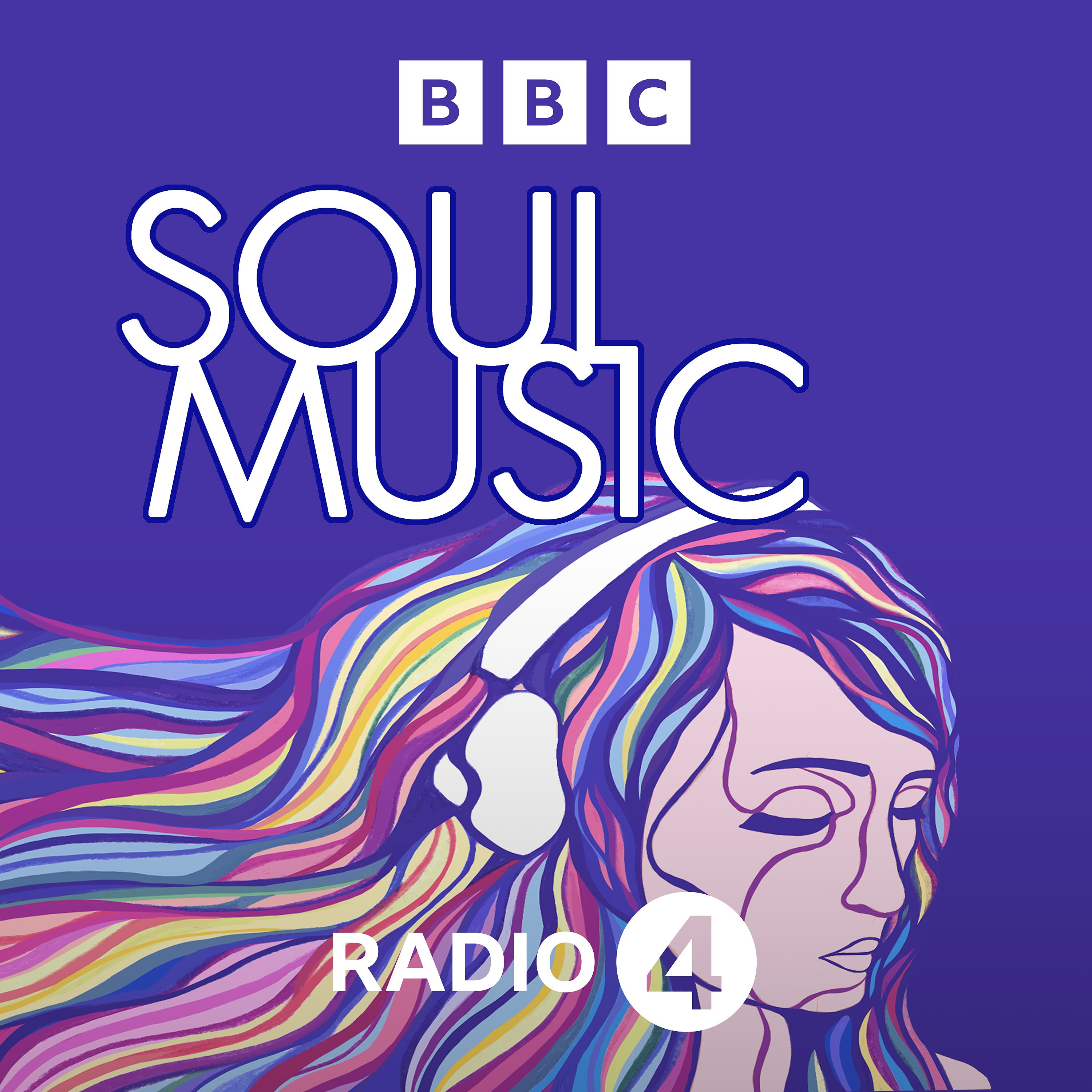When Burt Bacharach and lyricist Hal David wrote I Say A Little Prayer For You in 1967 the war in Vietnam was raging. The song was intended as message of support for the soldiers there. It was originally recorded by Dionne Warwick and the following year by Aretha Franklin.
Doug Bradley was drafted and served in Vietnam as a war correspondent. He says the music the troops all listened to on AFVN (Armed Forces Vietnam Network) sustained him and others while they were in country. His book We Gotta Get Out of This Place (The Soundtrack of the Vietnam War) documents the vital role music played for the soldiers. Aretha Franklin was a symbol of hope and civil rights for many African American troops and I Say A Little Prayer a soothing and calming message of love.
The singer-songwriter Rumer adored the song and all of Aretha's music as an unhapy teenager in England. She went on to write the hit song Aretha about a young girl whose mother has a mental illness confiding all her worries to the Queen of Soul. Her husband Rob Shirakbari was recruited by both Dionne Warwick and Burt Bacharach as keyboard player and musical arranger. To him the song with its mixture of time signatures and different interpretations symbolises many happy years playing with two of the musical greats.
Jazz singer Nnenna Freelon has recorded two versions of because it is one she has loved throughout the years but only after the death of her husband Phil in 2019 did it become a song about the expression of grief. Her latest version interprets the song as a plea and a prayer for her late husband as well as for herself. Her podcast Great Grief is a meditation on grief and loss combined with music.
In 1968 Aretha Franklin played in Stockholm. 15 year old Hasse Huss and his friend hung around her hotel hoping to meet her. Not only did they meet her but at her invitation they spent the next day with her as she rehearsed for her show. I Say A Little Prayer fills him with happiness and nostalgia for this happy day in the late sixties and he plans to incorporate the song lyrics into a speech for his son's wedding.
And Professor Daphne Brooks grew up with older siblings and musical parents who introduced her to the song. It has been with her throughout her life representing for her the 'fullness of black womanhood'. The song very recently helped her deal with her beloved mother's passing at the age of 96.
Producer: Maggie Ayre

